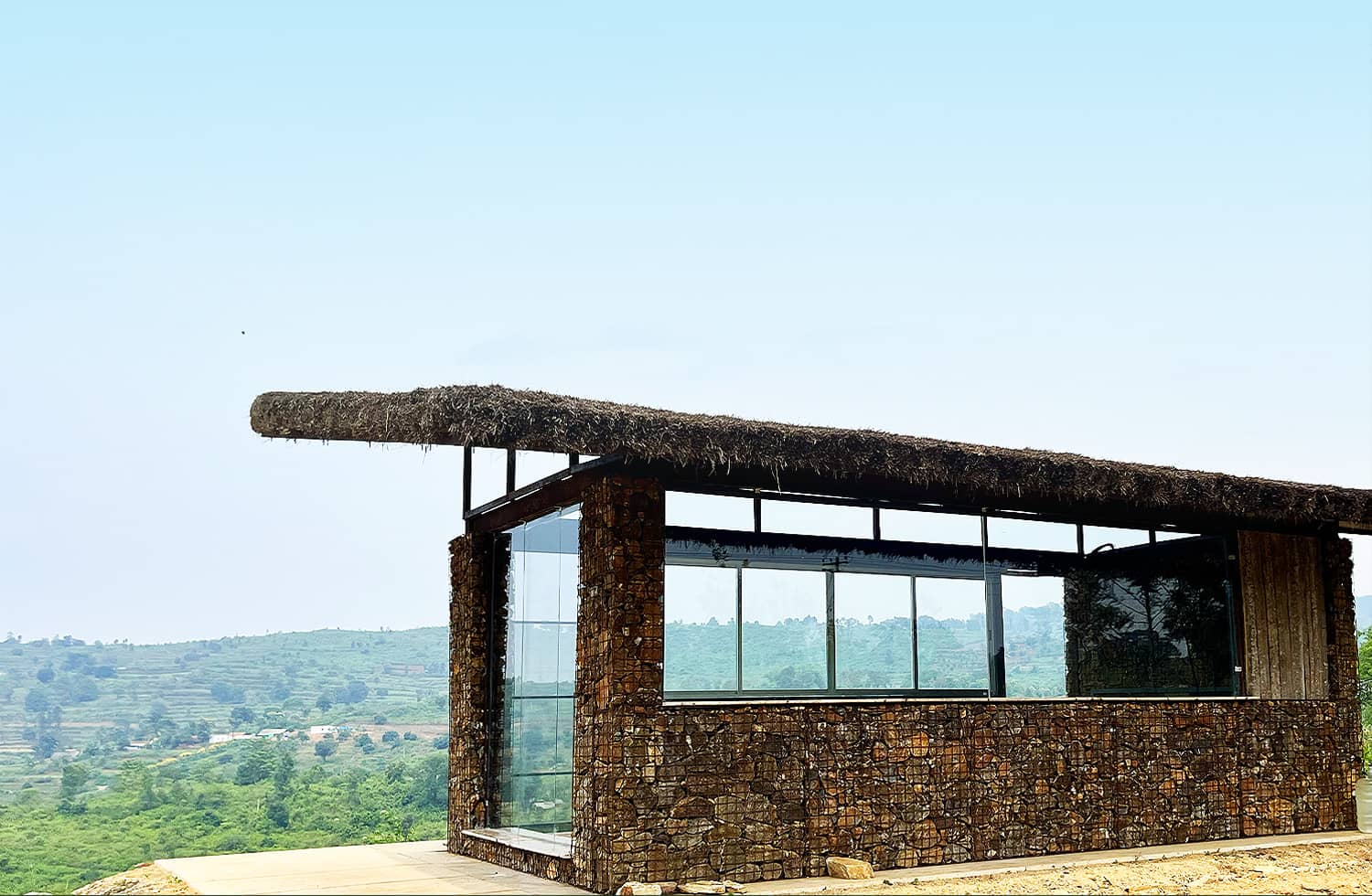CULTURE Learning Zone
Nannilam’s cultural foundation seeks to safeguard and celebrate the rich heritage, customs, handicrafts, and creative expressions of its local community. The community upholds this objective by promoting cross-cultural relationships and fostering cultural exchange and understanding through policies that encourage mutual respect and appreciation. Regular events and celebrations are organized to showcase local art, music, and culture while embracing and learning from other cultures as well. By cultivating diversity, Nannilam aims to build a collective sense of identity and pride among residents and promote cross-cultural understanding, leading to the personal growth and development of all members. The community is committed to defending and protecting cultural heritage sites and artifacts through specific policies while promoting mindfulness and self-reflection to allow individuals to reflect on their personal and cultural values and develop a deeper sense of connection with themselves and others
Some of the ways that Nannilam promotes cultural diversity and preservation may include:
- Local traditions: The community may seek to preserve and promote local traditions such as food, music, dance, and festivals.
- Art and creativity: The community may value and encourage artistic expression and creativity in various forms such as painting, sculpting, music, and theater.
- Cultural exchange: The community may promote cultural exchange programs, events, and workshops that bring people from different backgrounds together to learn and share cultural experiences.
- Intergenerational learning: We aim to promote intergenerational learning by encouraging the transfer of knowledge and skills between different age groups. This will include programs and events that allow elders to share their traditional knowledge and skills with younger generations, as well as opportunities for young people to teach elders about new technologies and practices.
- Traditional ecological knowledge: We value and promote traditional ecological knowledge, which is often based on centuries of observation and experience. This knowledge will include sustainable land-use practices, herbal medicine, and other skills that promote resilience and self-sufficiency.
- Mindfulness and self-reflection: The community may promote mindfulness practices and self-reflection to help individuals connect with their inner selves and with others.



Leave A Comment